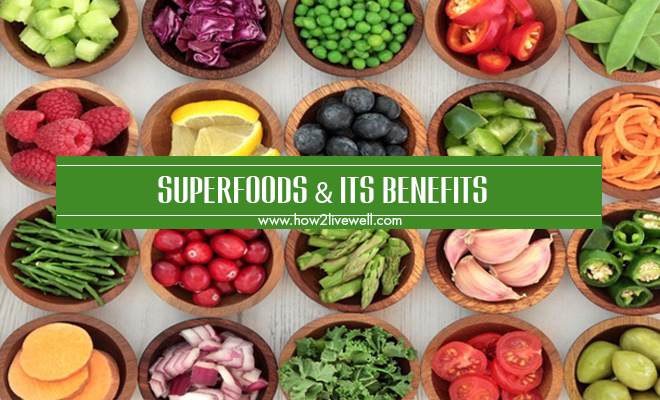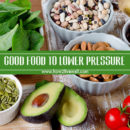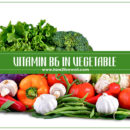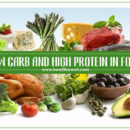Healthy Food
Have you ever noticed that certain foods are deemed “healthy” and we seem to think we can eat these foods in unlimited amounts because of their purported health benefits? This has been referred to as the “halo effect.”“Diet” Foods Proven to Increase Weight Gain
But does stocking your pantry and fridge full of “diet foods” and foods labeled fat-free, low-fat, light, sugar-free, etc. mean that you’ll be immune to weight gain? Not necessarily. In fact, new animal research suggests it may make you more likely to gain weight. According to the results of a new study from Purdue University, researchers believe that fat substitutes used in a variety of diet foods may confuse the body into thinking it’s going to be getting calories that are never received. In this study, researchers fed rats several combinations of full-fat and reduced-fat Pringles chips, with reduced-fat chips containing an artificial fat substitute called olean. Olean (brand name Olestra) tastes and feels like fat in the mouth, but the body can not digest it and it can not be absorbed. The rats were then fed a diet high in fat, and the rats who previously dined on the reduced-fat chips with olean gained more weight and more fat than the rats who had previously eaten the full-fat chips.
Since these results are from animal studies, the results can’t necessarily be extrapolated to human beings. However, research has consistently shown when people consume foods that they perceive as being healthy, they often overindulge and consume more total calories from the “diet” food. Just because a food has had something removed in order to lower the calorie count (often fat, sugar, or both), this doesn’t mean that you can eat endless amounts of it. People also get duped by marketing tactics such as 100-calorie snack packs because they often end up eating more than one pack.
Hidden Calories in Healthy Foods
Additionally, certain foods that are full of beneficial nutrients are still high in calories. For example, avocados, olive oil, dark chocolate, and nuts have long been celebrated for their heart-healthy fats and antioxidants, but they are still concentrated sources of calories. You’ll need to be especially careful to practice portion control with these foods. Dousing a plate of veggies with loads of olive oil could contribute more calories than a huge cheeseburger and fries! And it’s easy to overdo it on guacamole and hummus – both of which are good for you – because the recommended serving size is small, so eating several servings can provide several hundred calories.

Other health-halo culprits? Dried fruits are much higher in calories than fresh fruit when comparing volume. Additionally, protein bars and meal-replacement bars are favorites among time-crunched people and athletes, but many consume them as snacks rather than in place of meals, and many have well over 200 calories. Also beware of foods labeled fat-free, sugar-free, or “no sugar added.” These terms don’t necessarily mean those foods are lower in calories than the regular versions.
Regardless of the amount of beneficial nutrients in foods, they still contribute calories, whether they are healthy calories or unhealthy calories. In terms of weight control, a calorie is a calorie whether it came from a blueberry or a blueberry donut.







